- Zero-per-cent APR1 with a Solutions Personal Contract Plan (PCP)
- Additional £1,000 off – or £2,500 off ID.4 stock vehicles – during the Volkswagen Drive Electric Sale
- Free Ohme home charger or £500 of charging credit
- UK’s cheapest home electric vehicle charging rate plus up to 10,000 free miles
Milton Keynes – The Volkswagen Drive Electric sale provides an exceptional package of offers this autumn for those considering an electric car. They combine zero-per-cent APR1 with money off, a free home charger and access to the UK’s cheapest home electric vehicle (EV) charging rate.
Zero-per-cent APR1
Order a Volkswagen electric car this autumn and get zero-per-cent APR1 with a Solutions Personal Contract Plan (PCP) from Volkswagen Financial Services (subject to terms). It means customers could drive away in a Volkswagen ID.3, for example, for just £299 per month2 with a customer deposit of £5,693.
Money off if you order by 18 November
Anyone ordering a new Volkswagen ID.3, ID.4, ID.5, ID.7 or ID.7 Tourer by 18 November will benefit from £1,000 off the on-the-road price – or £2,500 off an ID.4 from stock. This eye-catching offer is open to cash buyers and those who are using finance to fund purchases. But prospective buyers will need to be quick – this offer ends on Monday 18 November3.
Free Ohme home charger or £500 of charging credit
Volkswagen UK is partnering with Ohme, one of the UK’s most innovative and fastest-growing tech companies, to give customers a free home charger – or £500 worth of charging credit for those who already have a charger at home or for who installation is not viable.
Ohme chargers are loaded with smart technology to help customers manage their charging schedules, monitor progress and keep track of electricity usage and costs. They just need to let their Volkswagen Retailer know, when buying a car, that they would like to take up the charger offer, and everything will be arranged to supply an Ohme charger with standard installation.
See full offer details, terms and conditions at: https://www.volkswagen.co.uk/en/electric-and-hybrid/driving-electric/finance-and-offers.html#charge-offer
UK’s cheapest home EV charging rate plus up to 10,000 free miles
Volkswagen UK is also partnering with home energy provider OVO to give customers access to the UK’s cheapest home electric vehicle charging rate – just 7p per kWh.
This fantastic rate can be unlocked by adding the free Charge Anytime tariff to any OVO energy plan. There are no peak or off-peak rates with Charge Anytime, so there’s no need to charge overnight to obtain the best rate. Customers pay one price for their household electricity and one price for their EV charging – simply by adding Charge Anytime to an existing OVO energy plan.
But that’s not all: those adding Charge Anytime to an OVO energy plan will also receive credit worth up to 10,000 free miles – and will be given an additional 1,000 free miles every year for up to three years after they start using Charge Anytime.
See full offer details, terms and conditions at: https://www.volkswagen.co.uk/en/electric-and-hybrid/driving-electric/charging/ovo-energy.html
Read more here about getting up to 10,000 free miles with Charge Anytime and Volkswagen: https://www.ovoenergy.com/vwpassenger

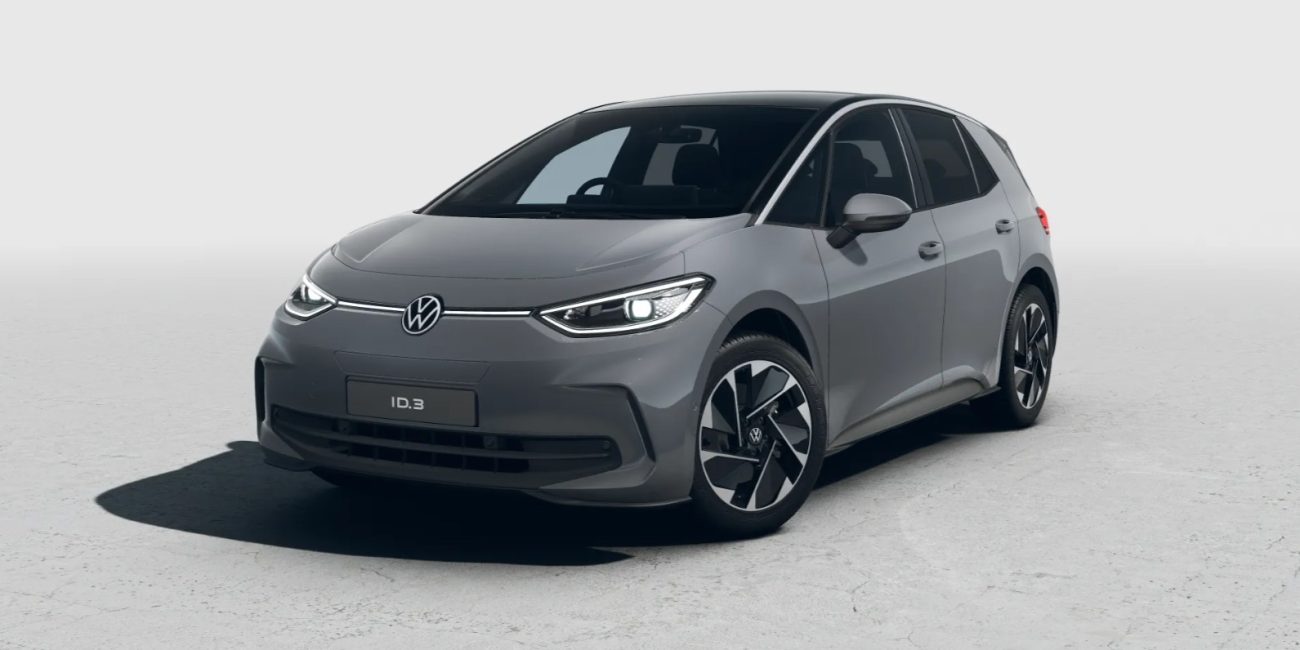


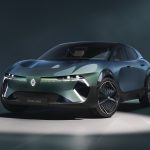

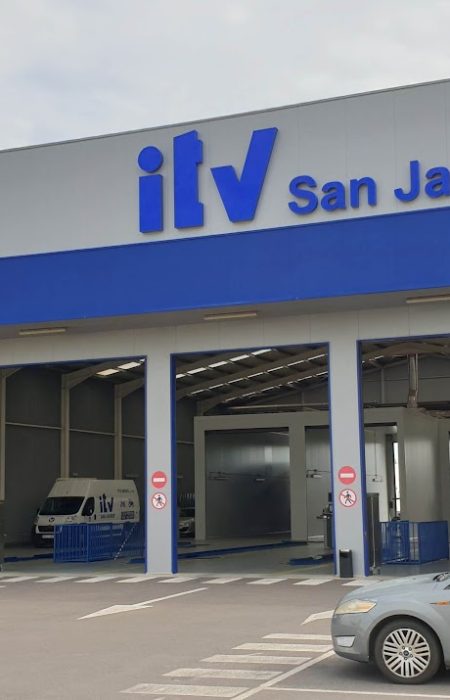
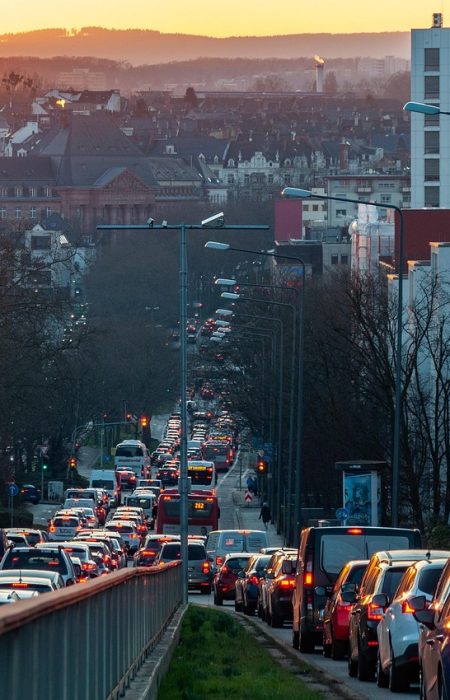
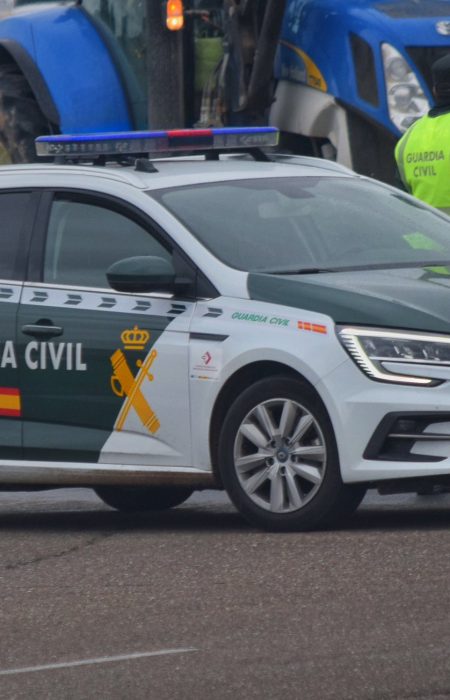
No Comment! Be the first one.